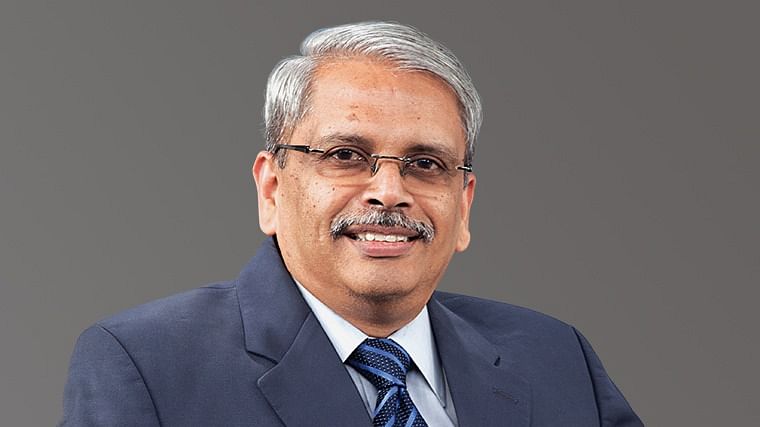
India can make its best scientific minds stay by providing them with the right resources and an environment they can thrive in, according to Kris Gopalakrishnan, the president of the Infosys Science Foundation (ISF).
In an interview with DH’s Dhanya Skariachan, the co-founder of Infosys shed light on everything from how India can become a global research hub to the technologies that will power our future. Edited excerpts.
How will you rate India in terms of scientific research? What are our specific strengths in this area and where do we need to do better?
I am very confident of the talent – our scientists. They are trained in the best universities, sometimes outside India. We can give them the latest and best tools and equipment with enough funding. Funding is available – we need to increase funding from Industry and philanthropy. Hence we may need to look at the systems and processes around scientific research. We need to look at approval processes, time taken, how funds are released, how the research work is evaluated, how much of the work gets translated into products and commercialised.
How can we make India a global research hub?
We need to increase funding from industry and philanthropy. This also increases the involvement of industry in academic research. We need to make sure that students are involved in the research programs and more of the research happens in academic institutions rather than standalone research facilities, unless such research is strategic and involves national security.
What do you think are the technologies that will power our future?
Digital computers are becoming more and more powerful and will impact all industries and our lives. These are also shrinking in size and are used as sensors and to connect devices and appliances to the internet (IoT). AI/ML (artificial intelligence and machine learning) will change the paradigm for computing from procedural to teaching the computer to create the programs that solve the problem. We will create exponential amounts of data and we will need new tools to analyse this to create useful responses. Storage and processing on the cloud will be the default way server-side backend processing happens. With IoT, we will connect 50-60 billion devices to the Internet. Robotics, Industry 4.0 technologies will develop into better solutions in the future.
What are the main problems the scientific community should try to solve in India?
There are three sets of problems we need to address in scientific research: Basic research that is curiosity-driven and open-ended; applied research which finds solutions in the three-to-five-(year) time horizon, and research that addresses societal problems like cure for diseases, availability of potable water and solutions for sustainability.
What is the ISF doing to promote a culture of research?
We have created the Infosys prize to recognise world-class research in India and/or about India and create icons that will inspire and encourage a new generation of students to make science and scientific research as their career choices.
Is brain drain still a problem? How can we make our best scientific minds stay in India?
I do not see this as a problem. If we create the right environment, people will stay in India.